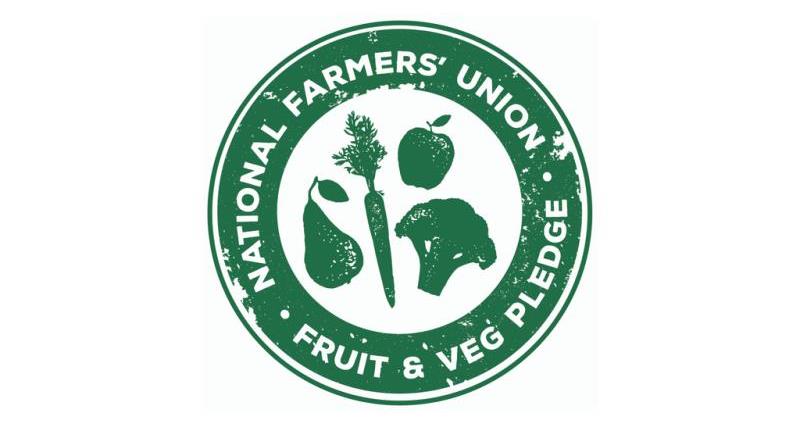The NFU's chief horticulture adviser Hayley Campbell-Gibbons highlights the importance of the NFU Fruit and Veg Pledge during the recent hot and dry weather.
She writes:
John Lewis has reported a 315% increase in sales of fans, the nation’s fridges are bursting with soft fruit and salad veg, and growers are seeing orders rise by up to 50%.
We all like strong sales, but as temperatures rise, so do the pressures and costs of producing food.
Yields are down. Orders are up. Specifications are out. Plantings for next year are delayed. Water use is unprecedented just to keep some crops alive. Staff are enduring intense conditions harvesting in poly-tunnels and glasshouses, and working longer hours to keep up with increased demand.
The Fresh Produce Consortium wrote to customers in July asking them to support suppliers as they faced ‘unprecedented challenges’. Quite right too.
Yet, what I’m hearing from growers and reading in the press suggests that supermarkets aren’t yet queueing up to be heralded hero of the season.
I’ve heard that Sainsbury’s, Asda and Tesco are resisting appeals from suppliers to support them. One apparently told a long term supplier ‘If you can’t supply it, we’ll just get it from somewhere else’. The idea that a buyer can walk onto a farm that hasn’t seen a drop of rain since 29 May and actually say this to a grower’s face would be comical if it wasn’t so tragic. Not only is it completely naïve given the lack of available product for many fresh produce crops, it effectively sticks two fingers up to the idea of strong, long supply chain partnerships where suppliers and customers pull together at times of strain.
There’s good news for some suppliers though, because growers who supply Aldi, Tesco, the Co-op and Lidl can expect a better kind of treatment. These are, after all, the retailers that are signed up to the NFU’s Fruit and Veg Pledge. These retailers have committed to treat their suppliers fairly at all times, to go above and beyond the legal requirements of GSCOP and create a better balance of risk and reward.
In practice this means:
- Offering growers certainty, stability and clarity on price
- Having a flexible approach to promotions
- Reducing wastage by having realistic specifications
And, perhaps most importantly at the current time:
- Communicating directly with growers to understand and respond to production challenges; and work together towards common goals for the fresh produce category.
For any grower discussing the business impact of the current hot, dry weather with their customer the following references might be of use:
